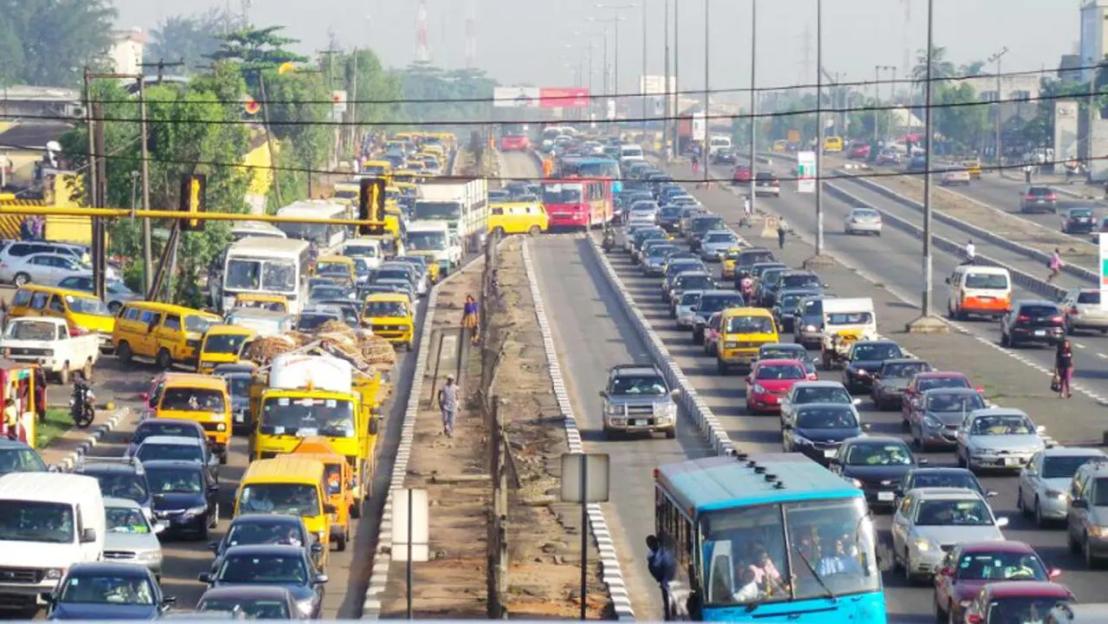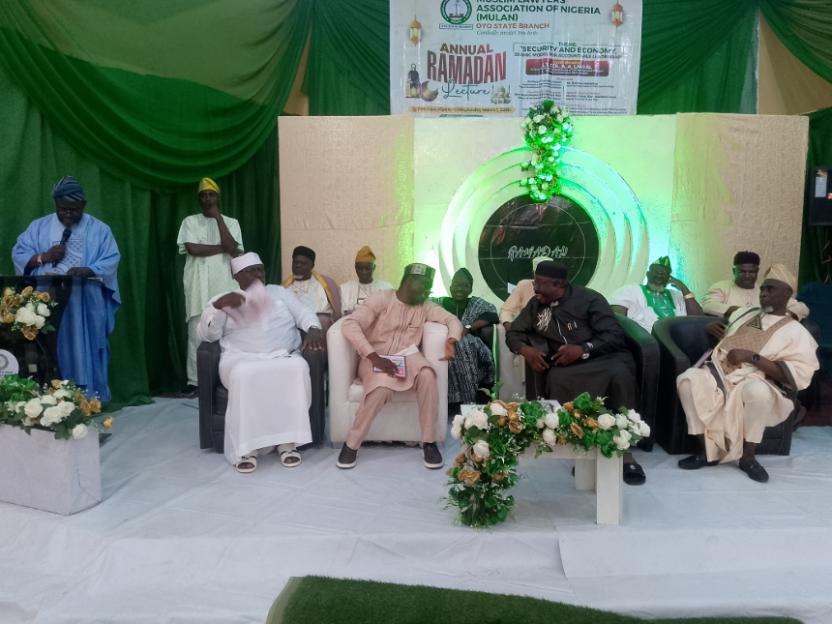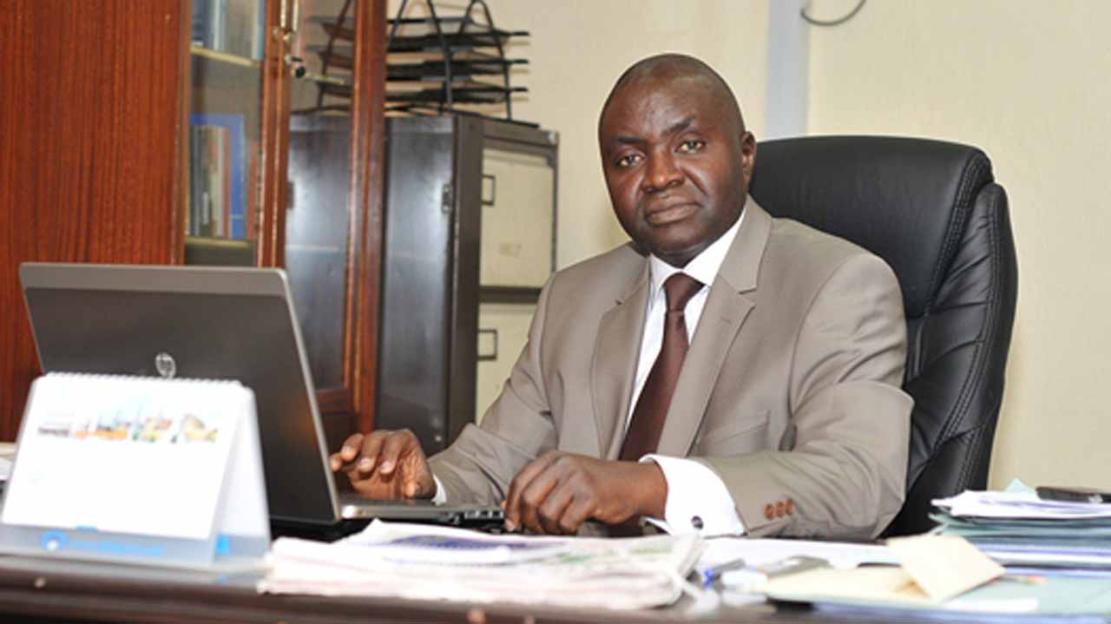Table of Contents
- Amendment to the Constitution
- Local Government Funding Concerns
- Proposal for Local Government Tenure
- Call for Tourist Centres
- Need for Local Government Autonomy
- Governance and Accountability Issues
- Performance of Local Government
A chief lecturer at Akwa Ibom State Polytechnic, Ikot Osurua, Udeme Nana, has urged the National Assembly to amend or remove Section 3, subsection 6 of the 1999 Constitution. This change would enable states to create more local government areas, ensuring a more equitable distribution of development across rural communities.
He emphasized that the existing provision restricts the number of local government councils in Nigeria and does not facilitate the establishment of new councils.
This recommendation was part of his keynote address delivered at the 2025 Annual Civil Society Organisations (CSOs)/NGOs Conference in Uyo, organized by the Centre for Human Rights and Accountability Network (CHRAN). The theme of this year’s conference was: “State of Local Government Administration in Nigeria, Using Akwa Ibom State as a Case Study.”
Nana also advocated for a review of Section 197 (1) of the Constitution, which mandates states to fund State Independent Electoral Commissions (SIEC), responsible solely for conducting elections for local governments. He pointed out that this provision contradicts the Supreme Court ruling from July 11, 2024, which stated that funds should be allocated directly to local government councils, raising questions about how states should finance SIEC.
He argued that local government should not be considered a federating unit; instead, the tenure of local government councils should be extended to four years, renewable for a second and final term, in order to align with the constitutionally established tenure for all democratically elected political office holders in Nigeria.
“I urge the National Assembly to amend Section 3, subsection 6 of the 1999 Constitution, which specifies the number of Local Government Councils in Nigeria by completely removing that section. This amendment would enable the creation of more development areas and centers by states, allowing for a more balanced distribution of development in rural communities,” he stated.
Regarding the lack of tourist attractions in Akwa Ibom, the keynote speaker called on the state government and Ikot Ekpene Local Government Council, the first formally established local government council in British West Africa, to collaborate in establishing a Museum of Local Government Administration in Ikot Ekpene.
“It is also feasible for a nearby tertiary institution like the Akwa Ibom State Polytechnic, located in Ikot Ekpene, to create a Department of Local Government Studies to train personnel in local government administration,” he added.
In his remarks, the Chairman of the occasion, Emmanuel Enoidem (SAN), emphasized the need for local government autonomy. He lamented that the local government system is not adequately protected in the 1999 Constitution and called for a review of certain provisions to allocate more responsibilities to local governments.
Earlier, in his welcome address, the State Director of CHRAN, Otuekong Franklyn Isong, highlighted the organization's role in promoting public accountability, civic engagement, and providing platforms for citizens to voice their concerns.
He expressed concern that governance might deteriorate as the election year approaches, noting that political office holders tend to focus more on politics than on governance. He, therefore, called on other civil society organizations in the state to collaborate in safeguarding governance and protecting the interests of the people by serving as watchdogs.
While praising the Governor of Akwa Ibom, Pastor Umo Eno, for releasing all funds allocated to the 31 Local Government Councils of the state from the Federal Account Allocation Committee (FAAC) in compliance with the Supreme Court ruling, Isong regretted that the performance of council officers has been woefully inadequate.
“We observe with dismay that Akwa Ibom State appears to struggle with local government administration. The 31 Local Government Areas of Akwa Ibom State under the current administration of Pastor Umo Eno have become centers of poverty, which is a troubling reality given the substantial monthly federal allocations to these councils. Unfortunately, since the current council chairmen took office, many do not seem to understand their constitutional responsibilities, which is detrimental to good governance. The local government chairmen have failed to deliver the necessary grassroots governance and development to the populace, a situation that can be traced back to the recruitment process that brought them into their positions,” he noted.
He urged the Akwa Ibom State House of Assembly to promptly exercise its legislative oversight responsibilities over the 31 Local Government Councils to revive grassroots governance and prevent further decline.
Frequently Asked Questions
What changes did Udeme Nana propose for the Constitution?
Udeme Nana proposed the amendment or removal of Section 3, subsection 6 of the 1999 Constitution to allow states to create more local government areas, promoting equitable development across rural communities.
Why is local government funding a concern?
Local government funding is a concern because Section 197 (1) mandates states to fund State Independent Electoral Commissions (SIEC), which contradicts a Supreme Court ruling that funds should be allocated directly to local government councils.
What is the proposed local government tenure?
The proposed local government tenure is four years, with the option for a second and final term, aligning it with the tenure of other democratically elected officials in Nigeria.







